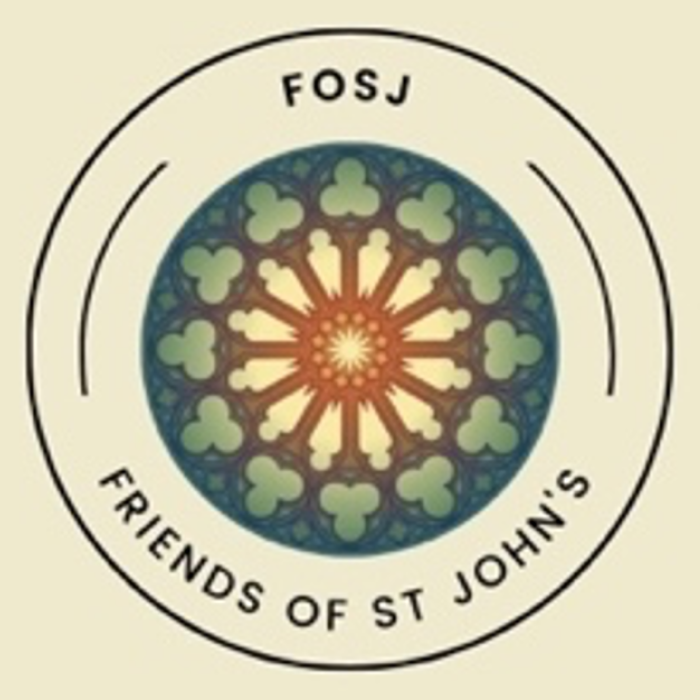Pollinator Project Plan starting 2024
Most of us know that bumblebees depend almost entirely on flowers for food. Flowering plants rely on fertilisation from pollen to make new seeds and produce new plants. Bees help with this by transferring the pollen between plants. In 2022 however, according to the Ontario Beekeepers Association, beekeepers across the province reported devastating losses of up to 90 per cent of their colonies due to colony collapse with the main culprit being the varroa mite. Varroa mites are tiny parasitic mites that feed on the fat body of honey bees which weakens them, leading to death. Of course, mites are not the only danger—climate change, habitat loss, and pesticides all combine to make this crisis even worse. The problem is so significant that experts are concerned that they could affect not just honey producers, but fruit growers everywhere. So, what can we do to help the bees? Inspired by St. Francis of Assisi, “Start by doing what’s necessary; then do what’s possible; and suddenly you are doing the impossible.” We are encouraged to plant flowers that the bees love and perhaps even get our own hive so they can flourish closer to home. The Greater Glory Garden Club plans to follow the excellent advice provided by The University of Guelph Honey Bee Research Centre. They have a fantastic brochure called ‘Creating a Bee Friendly Garden’ which is a great resource when establishing a garden for pollinators. learn more about the University of Guelph Honey Bee Research Centre here.

